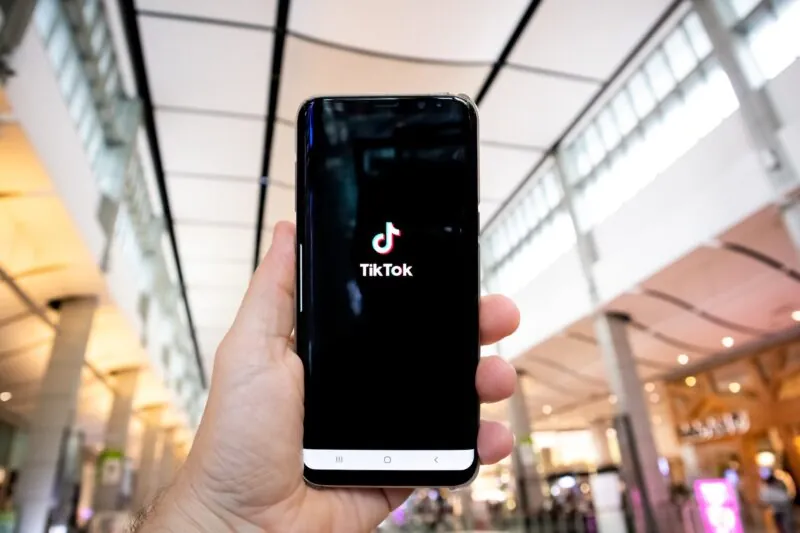The battle for local life services has intensified since the beginning of 2024. The sector is still dominated by food delivery service company Meituan, but players are entering this arena from all directions. These include traditional e-commerce platforms like JD.com, livestreaming giant and e-commerce newcomer Douyin, to Meituan’s food delivery rival Ele.me, and even online supermarkets such as Freshippo (Hema Fresh). After an eventful 2023, the new year began with lifestyle community platform Xiaohiongshu (RED) launching a “Nearby” tab to leverage its seeding power in the local life services, as well as Meituan’s restructuring to consolidate its status in the sector.
The new year began with Xiaohiongshu launching a “Nearby” tab, as well as Meituan’s restructuring
Are you local?
Local life services are online services that offer local offline shops and services in the form of online merchants. From conventional online services such as food delivery, ride-hailing and bike-sharing, to grocery delivery, restaurant and hotel bookings and cinema tickets, all the way to information sharing, reviews and recommendations. According to a report from research firm iiMedia, the sector is projected to reach 2.5 trillion RMB (351.18 billion USD) in 2025.
Meituan is currently at the top of the market with over 203 billion RMB (28.51 billion USD) in revenue in the first three quarters of 2023. However, with new businesses continuing to make a loss, Meituan has recently restructured its local life teams. It has combined the “to-home” delivery service and the “to-store” transport services.
It is mostly perceived as a defence measure against Douyin, currently the greatest threat to Meituan’s dominance in the market. According to Haitong International, the challenger Douyin is projected to earn 200 billion RMB (28.09 billion USD) in gross transaction volume (GTV) for its local lifestyle services, about a third of Meituan’s GTV. However, this is reportedly higher than Meituan’s internal expectation.
The challengers
Douyin can leverage its advantage as a social platform which include having more active users, higher user stickiness and online-to-offline immersive experiences
Douyin, on the other hand, has been growing steadily in the sector. From the brand’s official data, transactions for local life services increased 256% year-on-year, local shops on the platform cover over 370 cities in the country and 4.5 million shops grew in terms of business. Douyin can leverage its advantage as a social platform which include having more active users, higher user stickiness and online-to-offline immersive experiences.
Alibaba’s local life strategy is shared by three of its platforms, travel booking website Fliggy, navigation app Gaode Maps and food delivery service Ele.me, playing in the fields of “away”, “to-shop” and “to-home”, respectively. Alibaba’s local business and review platform Koubei has been integrated into Gaode Maps similar to Google reviews. Ele.me is the most active of the three, with its partnership with Douyin in August 2022. As a side note, rumours about Douyin acquiring Ele.me from Alibaba have been spreading but denied multiple times since last year.
The nearby
In 2019, anthropologist Xiang Biao raised the issue of the disappearance of the “nearby” in contemporary society. The hyper-connectivity of the internet had caused negligence of the local. The ensuing pandemic changed it all as people were often confined in their local area during lockdowns. The delivery services were not just for parcels and food, but also groceries and errands which boomed during the pandemic. Pundits started asking whether local life services will become the “next e-commerce” in late 2022, as competition in the sector began to heat up.
In 2023, the nearby became reality in the form of “city+”, spearheaded by “citywalk” trends. Online community platforms, especially Xiaohongshu which recently launched its “Nearby” tab for local services, are heavily invested in the trend. Notes on citywalk trails, points of interest (POI), and “store visits” (探店, tandian) incorporate the offline and the online, providing constant inspiration and “seeding” options.
Similarly, in September 2023, Douyin launched its “store visit” platform “Tandianbao” in 34 cities to match users and influencers with local businesses. Indeed, some have pointed out that Douyin’s strategy against the behemoth Meituan is to dig deep into the “to-store” subsector with its “seeding” and “store visits”.
Combining the online and the offline is one of the major characteristics of local life services today. Douyin’s “store visit” related videos reached 1.27 billion between January and September of 2023, were shared 10.4 billion times and liked 119.4 billion times. The combination of the sense of community from the “nearby” and the convenience of e-commerce is why the sector grew so rapidly in 2023.
The online and offline integration will be even greater for the local life services sector in 2024
By leveraging both delivery to home and leaving home for brick-and-mortar locations, the dual output of the sector successfully harnessed the outdoor trends of last year. It can be expected that with more social platforms joining the fray, such as Kuaishou and travel platform Ctrip teaming up with a similar “POU seeding” to service model, and Meituan launching its own social and AI functions, the online and offline integration will be even greater for the sector in 2024.









